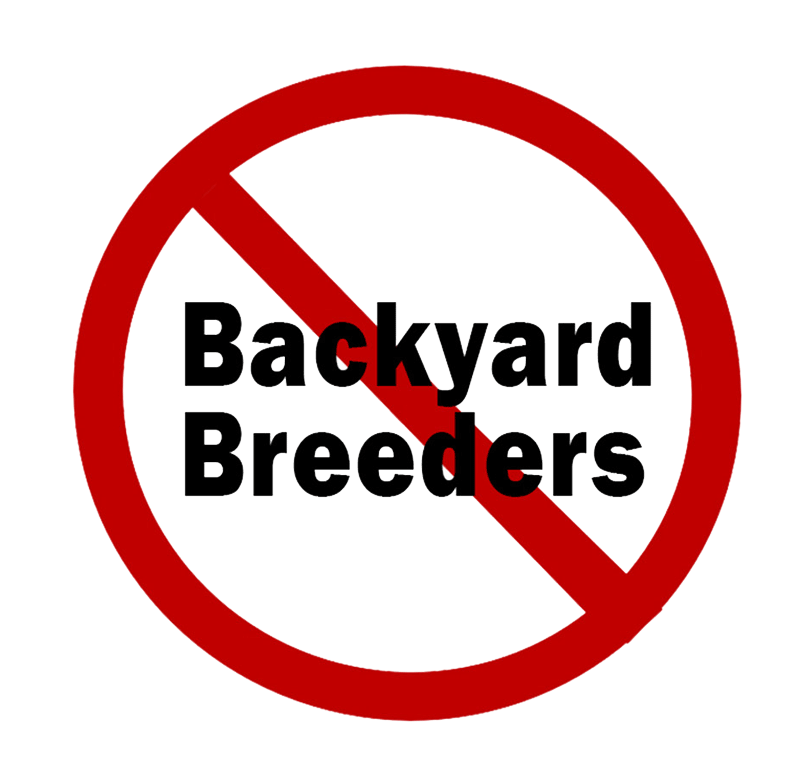

Frequently Asked Questions
Shouldn’t those contributing to the pet population also help address the overpopulation problem?
The increase in underground breeding has worsened the overpopulation issue, leading to significant costs for taxpayers.
Backyard breeders operate covertly without revealing their location usually to evade taxes. Transactions are conducted in places like parking lots to avoid detection and legal action. It is rare for a backyard breeder to disclose their physical location or home address.
Since transactions in the underground economy involve unreported and untaxed cash, unsuspecting buyers often have no recourse if the purchased puppy is unhealthy. This can lead to substantial veterinary bills or even euthanasia due to unexpected and unmanageable costs.
The proposed regulation not only mandates a sales tax number but also requires registration and proof of identity to advertise. Furthermore, it prohibits the acceptance or posting of animal sale ads on platforms like Craigslist, Facebook, and other media. Unlike backyard breeders, the likelihood of these platforms violating the law is minimal, as they would face significant civil penalties.
Yes, the vast majority of breeders operate in the underground economy and are unlikely to comply with new, comprehensive regulations eliminating their ability to advertise
Fundamental elements of registration include granting permission for facility inspections by animal control, zoning, or law enforcement, proof of identity, location of animals being bred and sold, and veterinary health certificates for each puppy bred or sold.
Legitimate breeders, who already pay taxes, should have a sales tax number. “Responsible or ethical” breeders should not object to registration and transparency requirements, as they signify proper care and acceptance of inspection by proper authorities. Compliant breeders should rejoice if 90% of their competitor's ads are stricken.
It is unlikely that many if any, backyard breeders or puppy mills will comply with the required total transparency. These operators would find such regulations intrusive, leading to a cessation of virtually all advertising for their pets.
The absence of a sales tax number and registration would translate into no advertisements, which in turn would result in no sales and no profits, making backyard breeding unviable.
The potential impact could be an increase in pet adoptions from municipal facilities or rescue organizations. With less breeding, there would be less shelter intake resulting in reductions in euthanasia.
While it would be up to each implementing authority, substantial fees could fund animal lifesaving initiatives and improved animal control facilities.
